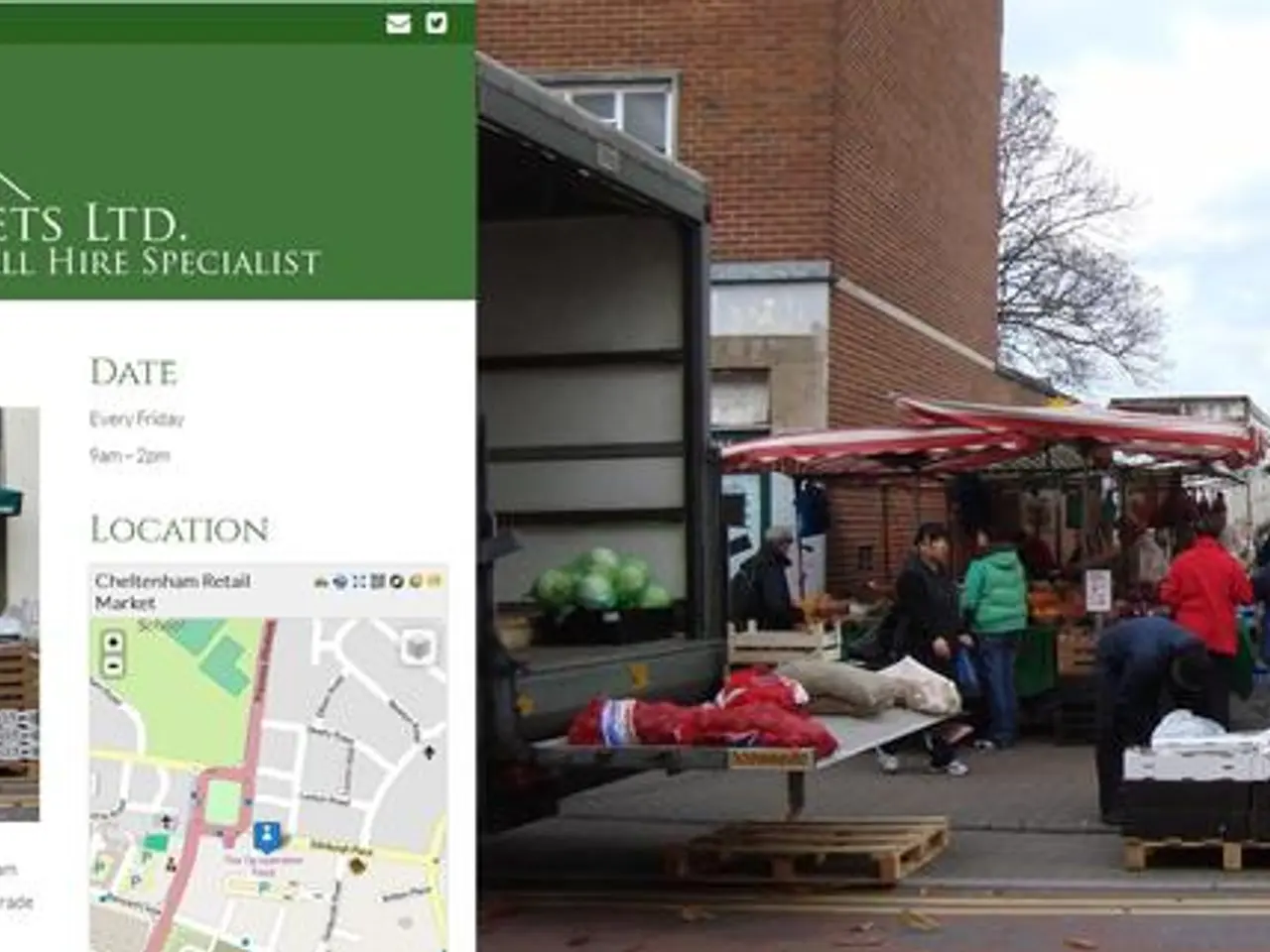Thuringia calls for the replacement of vehicles with tanks
In the heart of Germany, Thuringia's job market is currently grappling with economic challenges, particularly within the automotive sector. With around 15,000 open positions, compared to around 25,000 a few years ago when the German economy was booming, the situation is tense.
The shift towards electric cars has caused economic difficulties for many automotive suppliers in Thuringia, leading to job losses. Markus Behrens, chairman of the regional employment agency, has been vocal about the high cost of electricity and gas prices as a significant factor hindering the recovery of the Thuringian labor market.
However, Behrens has proposed two potential anchors for recovery. One of these is the construction industry, if federal infrastructure modernization funds are spent. The other is the growth of battery manufacturing for electric vehicles (EVs) as part of Europe’s green transition. A Chinese-backed battery plant in Thuringia is notably contributing to powering the EV supply chain and advancing climate and industrial goals in the region.
Despite the defense industry's recognition as a leader in lithium-ion battery technology, with applications spanning aerospace, defense, and automotive sectors, there is no explicit evidence in the current search results that the defense industry is being proposed as a solution to the job market crisis in Thuringia's automotive sector. Instead, the focus in Thuringia appears to be on the growth of battery manufacturing for EVs.
If the defense sector were to be considered, potential benefits could include leveraging advanced manufacturing capabilities and technologies from defense battery producers to create high-tech jobs, diversifying the local industrial base, and promoting innovation. However, challenges such as workforce retraining, possible security and regulatory restrictions, and public or political resistance could arise.
Behrens believes that an investment in the defense industry could help the labor market recover from 2026. However, he warns against excessive expectations of a swift recovery, suggesting it may take many months or years. Many Thuringian companies with automotive manufacturing experience could transition to supplying the defense industry, but the old automotive industry is not expected to recover.
Overall, the current industrial strategy in Thuringia emphasizes battery technology and e-mobility as key drivers for employment and economic transition rather than a defense industry pivot.
- The construction industry, as suggested by Markus Behrens, could potentially aid in the recovery of Thuringia's labor market, provided federal infrastructure modernization funds are allocated.
- Although the defense industry is recognized for its lithium-ion battery technology, the focus in Thuringia is set on the growth of battery manufacturing for electric vehicles, rather than a shift towards the defense industry to address the automotive job market crisis.




